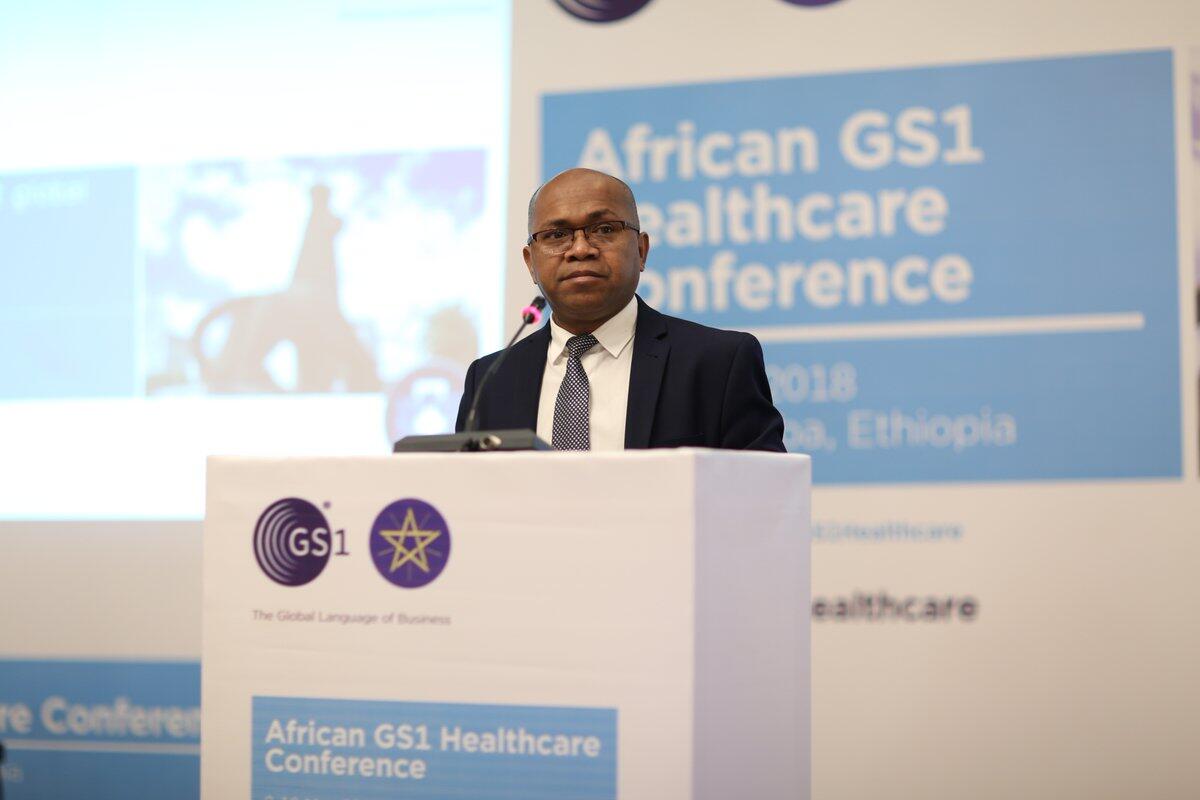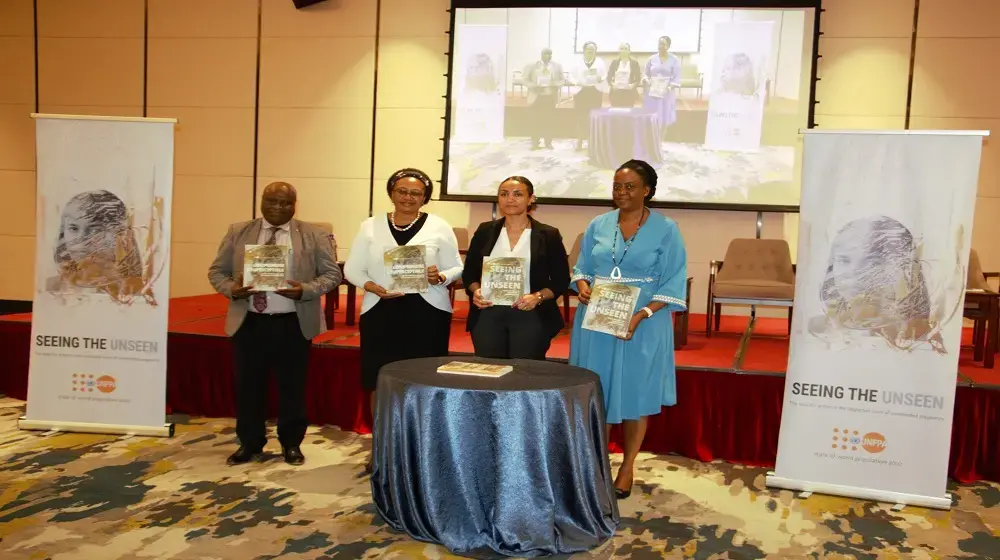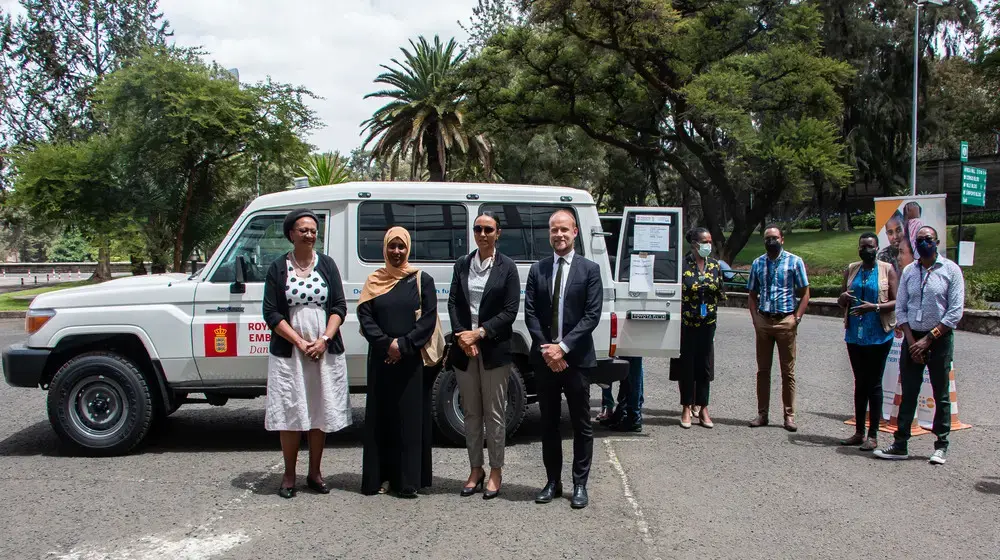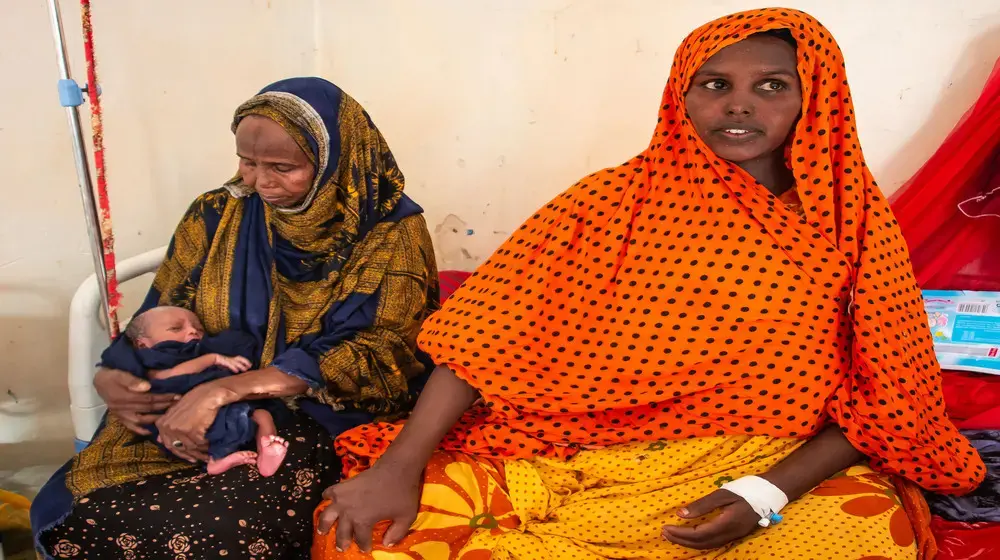Ethiopia hosted the first African Healthcare Conference conducted between 8 and 10 May. The conference in which delegates from 25 African countries and 13 others from around the world participated considered the theme Track and Trace for Access to Safe Medicines.
Healthcare regulators, solution providers, donors and manufacturers from all over the world came together to discuss fighting the spread of fake drugs and the need to secure healthcare supply chain in Africa.
“I want to assure you that the Government of Ethiopia is committed to align with the global community’s efforts to move forward in developing harmonized traceability systems in order to build trust, improve patient safety and supply chain efficiency” said Dr. Amir Aman, Minister of Health, speaking on the occasion.
Mr. Rakoto Victor, UNFPA Deputy Representative, emphasized on his part the unmet need of reproductive health commodities among female populations due to compromised supply chain system and lack of visibility. He noted the importance of barcodes to capture vital data without manual data typing, decrease expiry dates, and improve ideas. Traceability and having data standard has been a challenge and according to him, such forum contributes to visibility of the supply chain system.
Currently, due to lack of visibility in product movement between trading partners and within organizations there are many inefficiencies in the African pharmaceutical supply chain. These are characterized by gaps in forecasting and distribution, resulting in limited availability of key pharmaceuticals in hospitals; long procurement lead times; inaccuracies in record-keeping; issues with the quality of forecasting data; absence of timely requisition and consumption reporting; no real-time stock status information at national level; wastage due to expiry and damage; theft; and an inefficient recall process.
The demand for medication, due to a growing and ageing population, puts an extra pressure on the healthcare system. Following that the presence of falsified medication is becoming a huge threat to patient safety, especially in Africa. The World Health Organisation (WHO) estimates that 10% of medication distributed in low and middle-income countries could be falsified. Falsified medicines negatively impact patient safety, might lead to loss of lives, will have economic impact and will result in less trust in the healthcare system. Furthermore, about 100,000 deaths/ year in Africa can be linked to counterfeit drug trade.
The conference was organized by GS1 – the global supply chain standards organisation – in partnership with the Ethiopian Food, Medicine and Healthcare Administration and Control Authority, with the support of USAID, UNFPA, and JSI.





